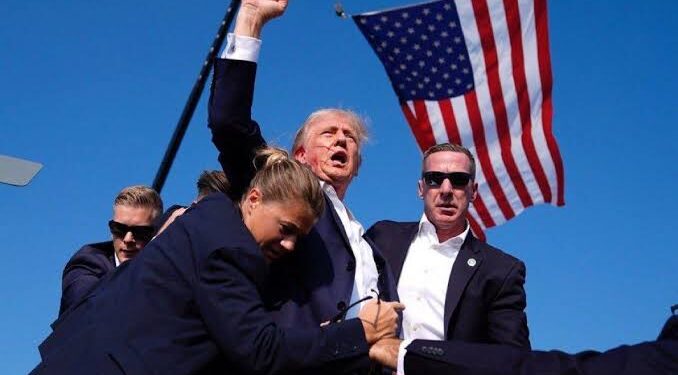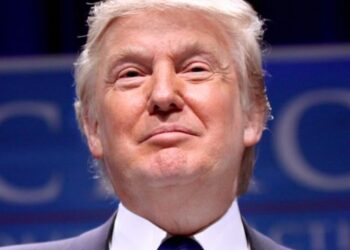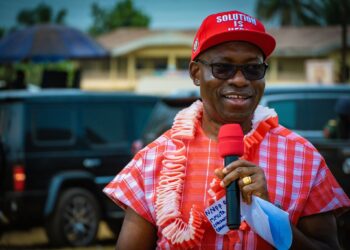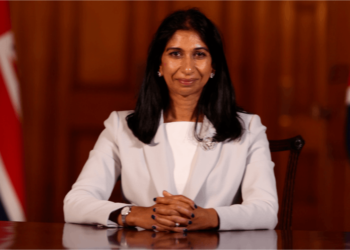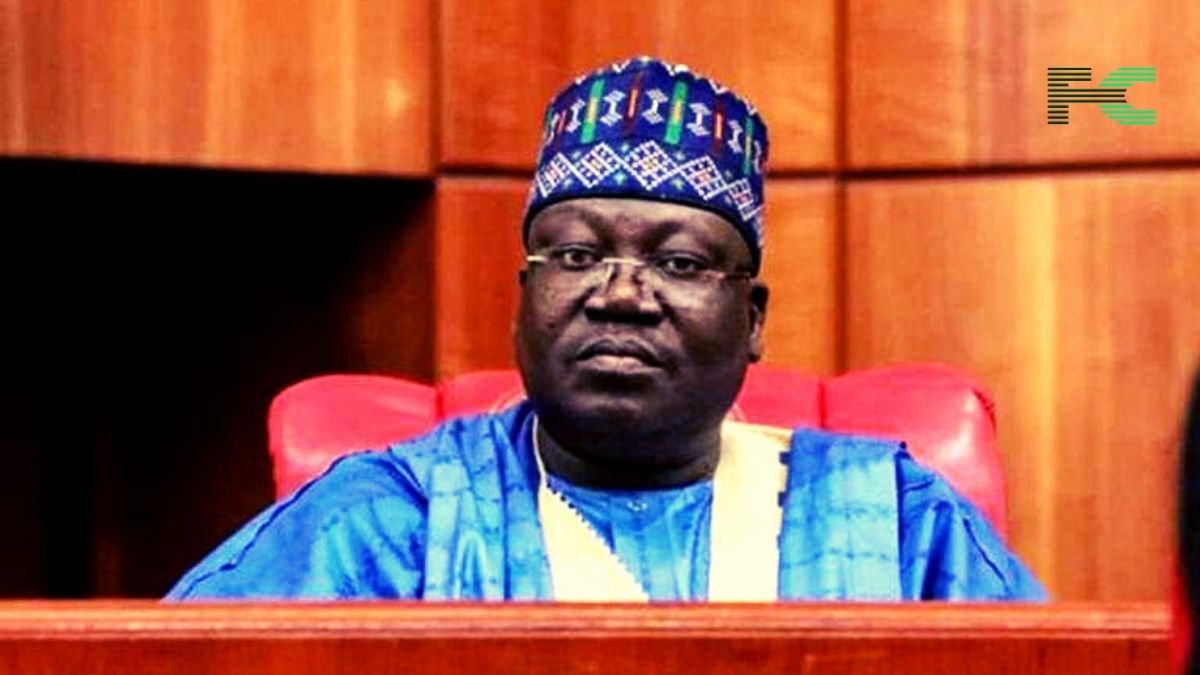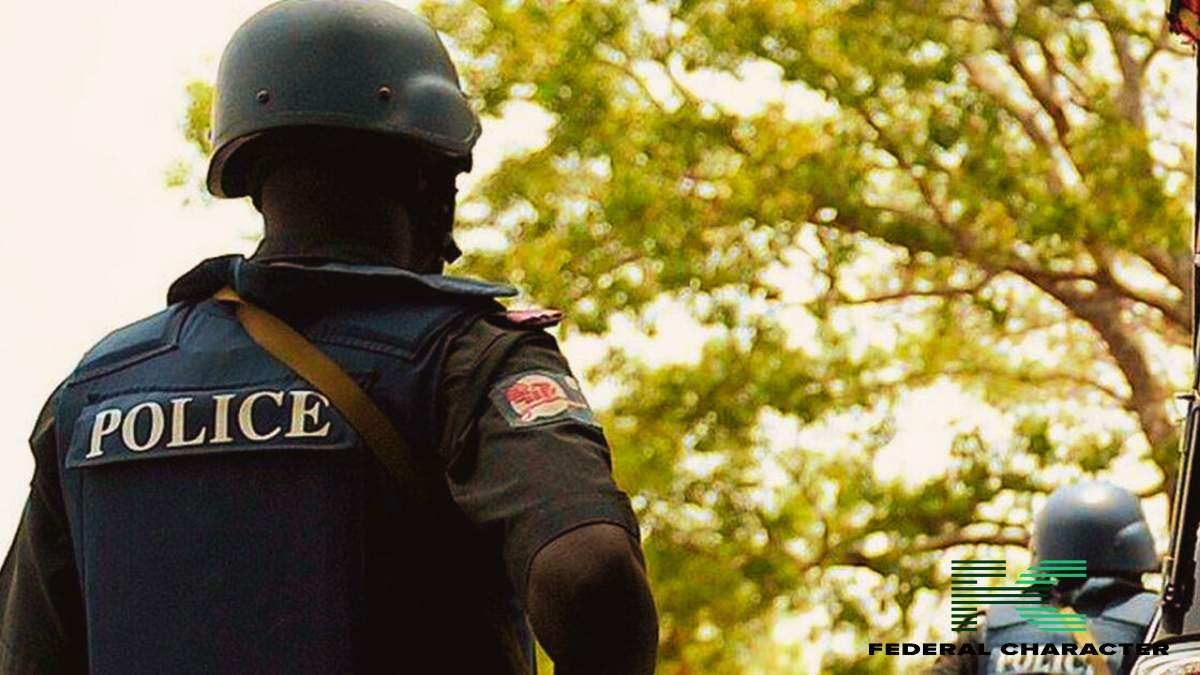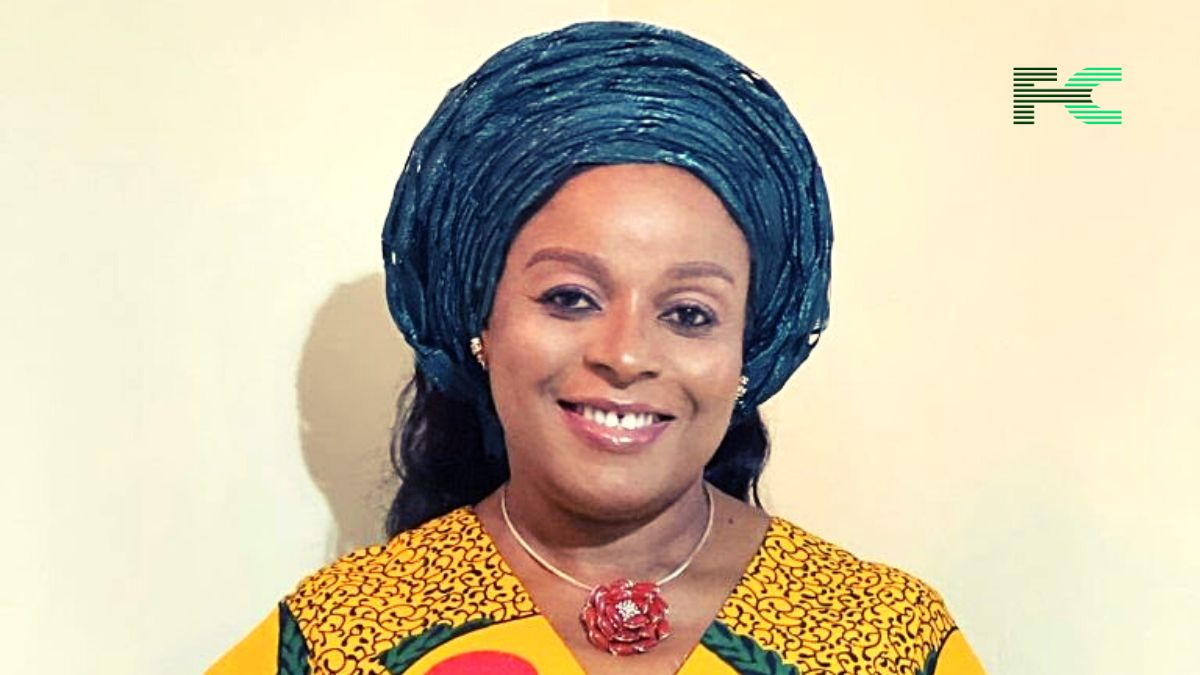The attempted assassination of former President Donald Trump at a campaign rally has sparked intense debate since Saturday, when news of the shooting reverberated across the American political landscape and beyond. The incident is notably unusual in American politics, yet amidst heightened tensions in today’s political climate, speculation about a potential political divide leading to violent actions among supporters has prompted investigations to address both motive and security concerns.
Unprecedented Violence in American Politics
The incident took place during a rally in Pennsylvania, where a gunman opened fire, narrowly missing Trump. Since then, investigators have been piecing together the events leading up to the shooting. Thomas Matthew Crooks, the “celebrity” shooter has been a focal point of discussions, as authorities seek to determine his motive. This has proven challenging, as Thomas was a loner with no prior known interest in politics and a clean record. Some speculate it could have been a staged shooting, but Thomas Crooks was fatally shot by a Secret Service sniper after opening fire on Trump, eliminating any chance of obtaining further information from him. Despite being identified as a registered Republican, Crooks’ occasional donations to liberal causes further complicate the puzzle.
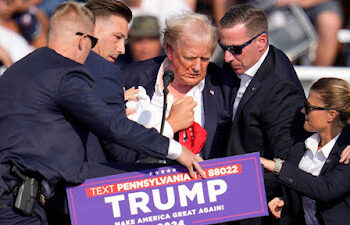
Political Fallout and Blame Games
In the aftermath, blame has been volleyed between political factions. Many have attributing the shooting to the intense rivalry between Trump and current President Joe Biden, which has heightened political tensions across the United States. Some Republicans blamed Biden, arguing that his sustained criticisms of Trump as a threat to democracy have fostered a toxic atmosphere. They specifically pointed to Biden’s comment to donors on July 8, stating, “It’s time to put Trump in the bullseye.”
Jacob Ware expressed his view that Biden’s remark constituted “violent rhetoric” that escalates tensions, particularly when coupled with Biden’s dire language about the election.
Conversely, Trump has faced criticism for his own inflammatory remarks in the past, including spreading falsehoods about the 2020 election and urging supporters to “fight like hell,” which preceded the January 6, 2021, Capitol attack and led to his second impeachment on charges of inciting insurrection.
Discussing these issues, Sean Westwood, a political scientist at Dartmouth College who leads the Polarization Research Lab, noted that surveys consistently show Americans overwhelmingly reject violence as a means to resolve political differences. However, he cautioned that overheated rhetoric from candidates and social media can potentially motivate a small minority to take extreme actions.
Despite the contentious fallout, both Trump and Biden have issued calls for national unity, emphasizing the rejection of political violence as a means of resolving differences. This sentiment has resonated globally, highlighting the broader implications of political rhetoric on public discourse.
Speculations and Conspiracy Theories
Following the incident, conspiracy theories have proliferated, with some questioning the authenticity of the assassination attempt itself and the possibility of it been staged for political gain. Various dubious claims surfaced on social media, attributing blame to either Trump or his Democratic opponent, President Joe Biden, for the attack. Different voices asserted that the shooting was a “false flag” orchestrated by Trump, while certain Trump supporters suggested that the Secret Service deliberately failed to protect Trump under orders from the White House.
Videos of the incident were swiftly analyzed within partisan echo chambers, as both Trump supporters and detractors searched for evidence to support their respective narratives. Some pointed to videos showing Secret Service agents moving audience members away from Trump before the shooting as supposed evidence of an inside job.
Security Concerns and Official Responses
Criticism has been leveled at the Secret Service for its perceived failure to detect and prevent the attack. As the agency tasked with protecting presidents and former presidents, questions have arisen about the effectiveness of security measures during Trump’s public appearances, given his prominent status in American politics.
On Monday, the Secret Service responded to criticisms regarding its handling of the incident where a gunman’s shots injured Trump in his right ear and fatally wounded a spectator.
Kimberly Cheatle, the Secret Service director, defended the agency in a statement, saying, “Secret Service personnel on the ground acted swiftly during the incident, with our counter sniper team neutralizing the shooter and our agents implementing protective measures to ensure the safety of former President Donald Trump.”
Bottom Line: A Critical Moment for America
The attempted assassination of former President Donald Trump has ignited intense debate and speculation as to motive and security lapses. It also highlights deep political divisions in America amidst heightened political tensions. As investigations go on and tensions remain high, the incident calls for unity and raising concerns about the impact of political rhetoric on public safety.

